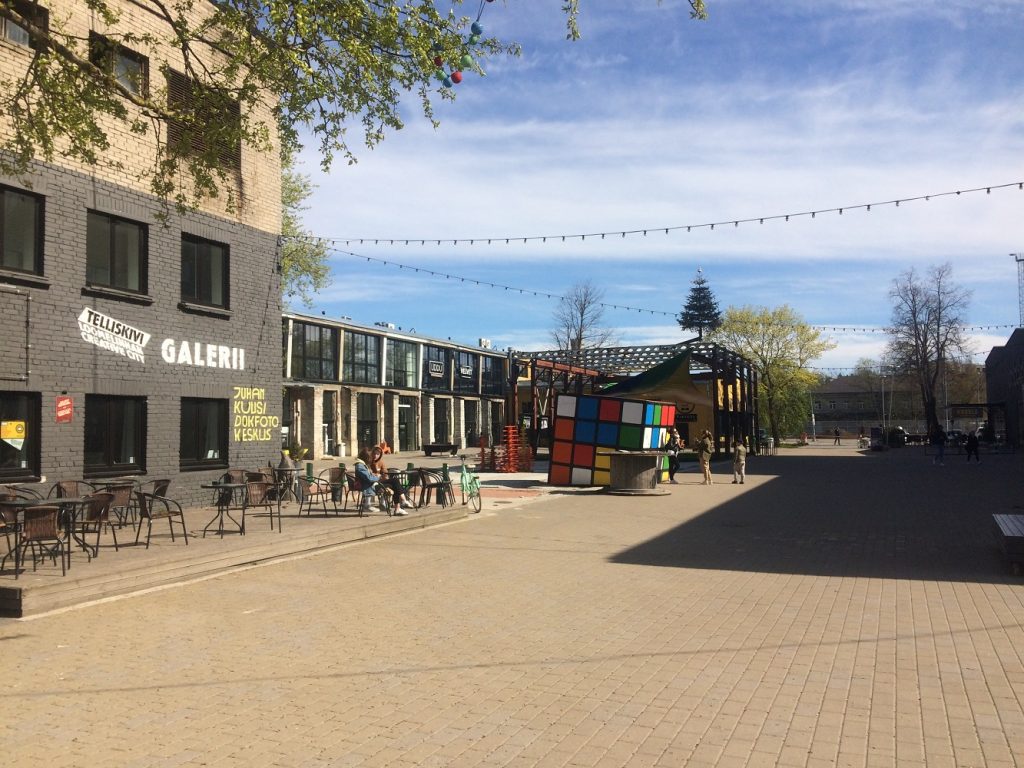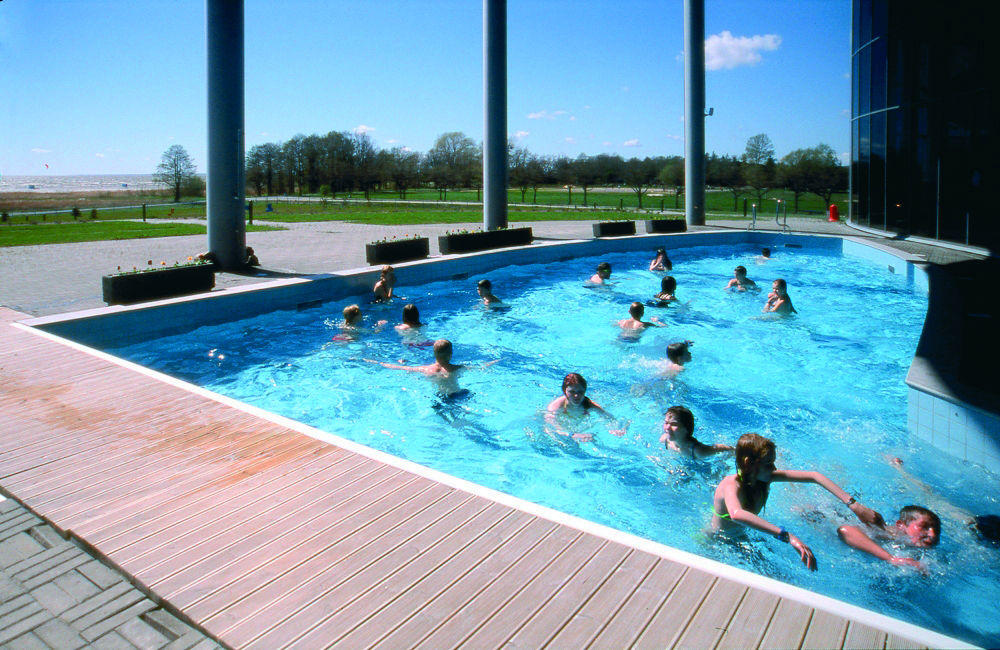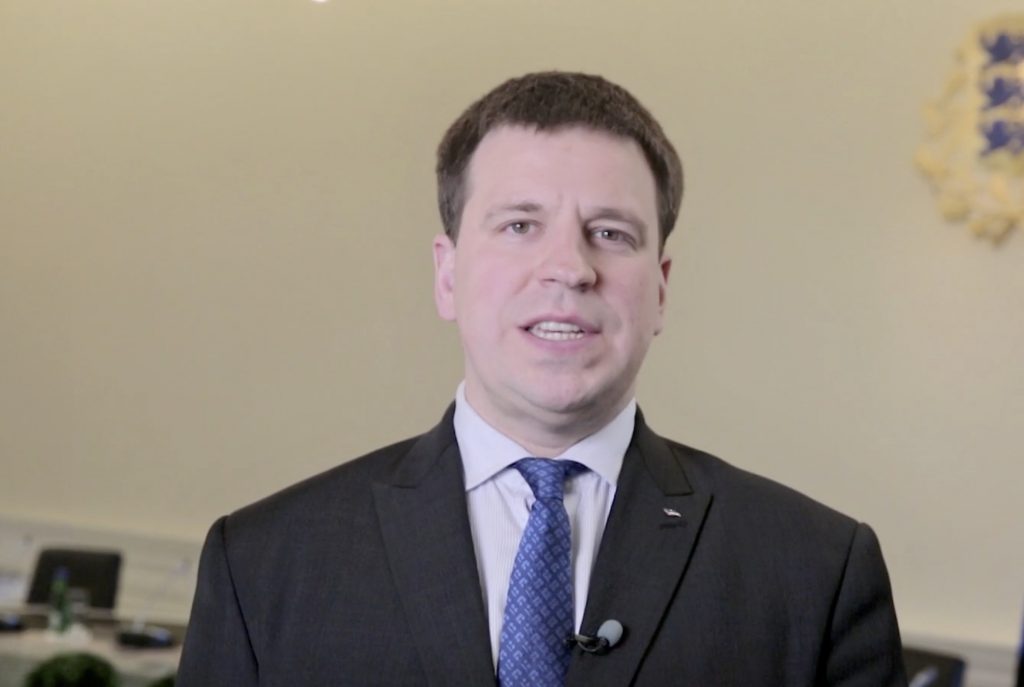The Estonian government has decided to end the over nine-week old coronavirus emergency situation at midnight 17 May and no longer extend it; however, some restrictions will remain.
“We decided to finish the over nine-week long emergency situation in Estonia at midnight on Sunday, 17 May. Since thanks to all of our efforts and help the coronavirus situation has significantly improved, we no longer need an emergency situation to fight it,” the Estonian prime minister, Jüri Ratas, announced in a video address.
This does not mean an immediate return to normalcy, however. “The virus hasn’t disappeared from Estonia or the world. The end of the emergency situation means that we have to build a new normal. Since there will be time until an effective drug and a vaccine is developed, we all have to protect ourselves and others from the coronavirus with our behaviour.”
“We have to stay healthy, keep our distance and adhere to the hygiene rules. When you’re sick, you need to stay home and avoid other people. These suggestions, rules and restrictions that are in effect in the coming weeks will help us. I believe that we can, despite the difficulties, be smart, careful and responsible. I thank everyone for your efforts so far, and wish you health and wisdom.”
The government declared the emergency situation on 13 March to help curb the spread of the novel coronavirus. Initially, it was supposed to last until 1 May; however, on 24 April, the government extended it until 17 May.

Not all restrictions lifted
The end of the emergency situation doesn’t mean all restrictions will be lifted. It simply means the government will no longer have special rights to order and mandate people. The already imposed restrictions will be lifted gradually. For example, starting 15 May, the country’s schools were opened and drive-in movies and concerts are allowed again.
Starting 18 May, public meetings will be allowed, gyms and swimming pools will reopen, and sporting competitions can again be organised, albeit under special conditions (up to 100 participants, no spectators). From 1 June, entertainment venues – playgrounds, pool halls, bowling etc – in shopping malls and elsewhere will be opened; spas and saunas will restart accepting guests.

Also from 1 June, the government will relieve movement and visiting restrictions in hospitals, nursing homes and shelters. Public events – both outdoors and indoors (for example, movie theatres, plays, concerts and conferences) – will be allowed from 1 July onwards.
The restrictions that continue to be in effect:
- Sports events with spectators are not allowed.
- Catering facilities can be open and the sales of alcohol is allowed every day until 10 PM. This includes eateries inside shopping malls.
- Casinos, adult clubs and other entertainment venues are closed.
- Night clubs are closed.
- People infected with the coronavirus and their loved ones retain quarantine responsibility.
- People diagnosed with the coronavirus in care homes are prohibited from coming into contact with people other than care workers and medical staff.
- There are currently no cruises on the Tallinn-Stockholm route.
- Restrictions on crossing the country’s border remain in force (except in the case of Latvia, Lithuania and Finland).
- People who have crossed the Estonian border to enter the country are obliged to be in quarantine for 14 days (except people coming from Finland, Latvia and Lithuania).
- The 2+2 rule (only parties of two; keep a two-metre [6.5-foot] distance with other parties).
For the latest developments in Estonia, follow our special blog on coronavirus.
Cover: The Estonian prime minister, Jüri Ratas. Screenshot from a video.

